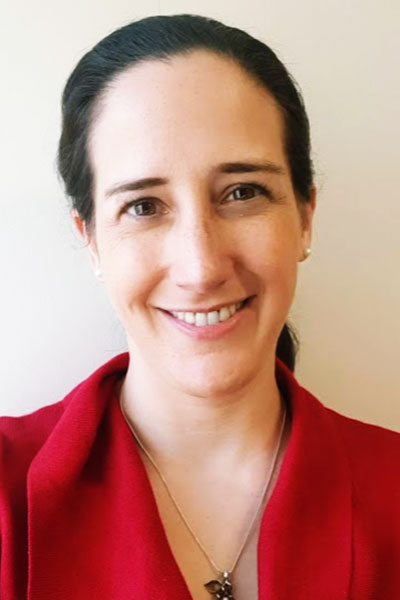Air pollution and its components— including particulate matter (PM2.5), ozone, oxides of nitrogen, and more—are increasingly recognized as a threat to health in general and respiratory health in particular.
The session, Air Pollution and Health: From Tailpipes and Smokestacks to Our Patients and Communities, Monday, from 10:30 am to 11:30 am, in Room 316C of the convention center, will feature a panel of pulmonologists and public health experts who will discuss the impact of air pollution at both the patient and population levels.

“Whether it’s air pollution in cities from industrial and transportation emissions or increasingly frequent and catastrophic wildfire events, exposure to air pollutants can really affect our patients,” said Erika Mosesón, MD, Session Chair and Medical Director of Respiratory Therapy and Pulmonary Section Chair at Legacy Emanuel Medical Center in Portland, OR. “Our goal in this session is to help clinicians understand the different components of air pollution and how they affect the patients that we see in the real world in clinical practice, from cardiovascular disease to asthma to COPD exacerbation.”
Unfortunately, as with many geographical and environmental health risks, air pollution risk is not shared equally across populations, said Dr. Mosesón, who is also the host of the Air Health Our Health podcast.
“Historical redlining, for example, left communities of color, immigrant communities, and other historically marginalized groups in urban industrial areas where they’re going to be breathing more polluted air, contributing to generational inequities that continue today.”
It is important for clinicians to understand this not only to know which of their patients are at risk but also to be able to more effectively advocate for equitable health policymaking at the city, county, state, and federal level, as well as in professional societies. Good science combined with strong policy, Dr. Mosesón said, can and is making a difference in regulating and decreasing industrial and transportation emissions.
“Because of the Clean Air Act and other policies, especially around diesel fuel emissions and improvements in diesel technology, baseline air pollution in terms of PM2.5 has improved in some places,” she said. “And the really great thing is, where it has improved, studies have shown pretty robustly that kids’ lungs are healthier. You can actually see health benefits right away, so we can do things in the short term from a policy standpoint that really can make people’s health better.”
Dr. Mosesón believes that education about the impact of air pollution on people’s health must start with clinicians themselves and would like to see more emphasis on it in medical schools and residency programs.
“In most of our medical education, we focus a lot on individuals’ actions and behaviors and the diseases they cause, but there are a lot of environmental impacts on our patients from just the air we’re all breathing,” she said. “Clinicians need to have a simple, clear understanding of what air pollution is, who’s vulnerable to it, and how they can empower their patients to do something about it to protect themselves. I think every lung doctor should be as fluent in air pollution as they are in cigarettes, because it’s kind of the same problem.”
Presentations in the session will include:
- A Community Based Participatory Approach to Environmental Justice Research, Policy and Advocacy – Adali Martinez, MD, MPH
- Volcanic Smog: Impact on Lung Health – Samuel Evans, MD, MS, FCCP
- Air Pollution in Specific Diseases: Fibrotic Lungs and Obstructed Lungs – Gillian Goobie, MD, PhD
- Health Impacts of Wildland Fire Smoke Exposure – Erika Mosesón, MD
Join us at CHEST 2024
Connect in person with influential clinicians from around the world—and attend top-tier educational sessions focusing on the most relevant clinical topics. CHEST 2024 will have it all, including optional add-on sessions to customize your learning. Reserve your spot today, and save $100 when you register by September 22.





